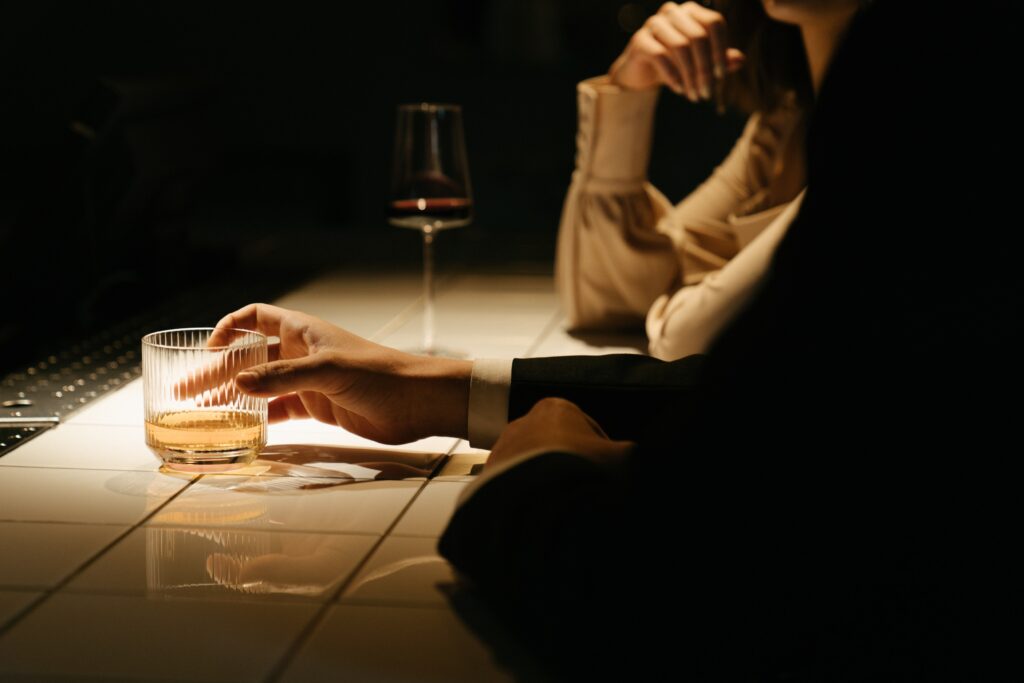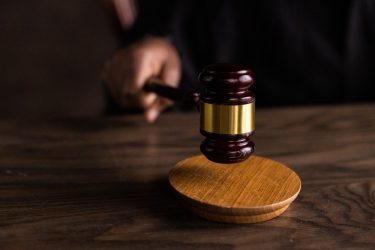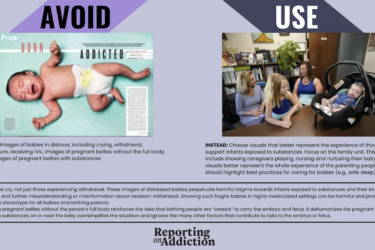
Journalists covering alcoholism may already know that it is the third leading cause of death in the United States, behind tobacco smoking, which ranks No. 1, and the combination of poor diet and too little exercise, which rank No. 2. But a new study has revealed that psilocybin, a hallucinogen, in combination with psychotherapy, may someday be a viable treatment for alcohol use disorder. (Check out these dos and don’ts when reporting on alcohol.)
To evaluate whether two administrations of high-dose psilocybin improve the percentage of heavy drinking days in patients with alcohol use disorder undergoing psychotherapy, researchers led by investigators at New York University Langone Center for Psychedelic Medicine, enrolled 95 people in a random, double-blind, 32-week study, whose findings were published Aug. 24 in JAMA Psychiatry.
Forty-nine study participants received psilocybin and 46 received an antihistamine placebo. The percentage of heavy drinking days for those receiving psilocybin was 9.7%, which compared to 23.6% for those taking the antihistamine.
Of the 95 study participants, 44 were women and 41 were men. Non-Hispanic whites accounted for 78.9% of study participants, 16.8% were Hispanic, 5.3% were Black and 1.1% were American Indian/Alaska Native.
The research comes amid an increasing focus on psychedelic drugs for a range of neuropsychiatric conditions. The NYU-led researchers referred to clinical trials of LSD, another hallucinogen, for treating alcohol use disorder during the 1960s and 1970s and said their investigation follows that trajectory forward.
Currently, disulfiram, naltrexone, and acamprosate calcium sometimes are prescribed to treat alcohol use disorder. They were FDA-approved for use in fighting alcoholism in 1949, 1984 and 2004, respectively.
The authors of this latest analysis, entitled “Percentage of Heavy Drinking Days Following Psilocybin-Assisted Psychotherapy vs. Placebo in the Treatment of Adult Patients With Alcohol Use Disorder,” said their study had several limitations. Included among them was the inability to know how long or if the effects of psilocybin lasted beyond the 32 weeks of participation in the trial; and an inability to extend the findings to those with more severe alcohol use disorder, given that study participants consumed comparatively lesser amounts of alcohol when they were screened for admission into the trial.
Here are some additional facts to inform your reporting, according to a March 2022 analysis from the National Institute of Alcoholism and Alcohol Abuse:
- 3% of Americans, or roughly 15 million, age 12 and older, had alcohol use disorder in 2019. Of those, 9 million were male and 5.5. million were female.
- 7% of 12- to 17-year-olds, or 414,000 adolescents, had the disorder in 2019. 163,000 of them were male, and 251,000 were female.
- 8% of people age 18 and older said they’d engaged in binge drinking during the past month.
- Compared with people who did not binge drink, those who drank alcohol at twice the gender-specific binge drinking thresholds were 70 times more likely to have an alcohol-related treatment in a hospital emergency department. People who consumed alcohol at three times the gender-specific binge thresholds were 93 times more likely to have an alcohol-related emergency department visit.







